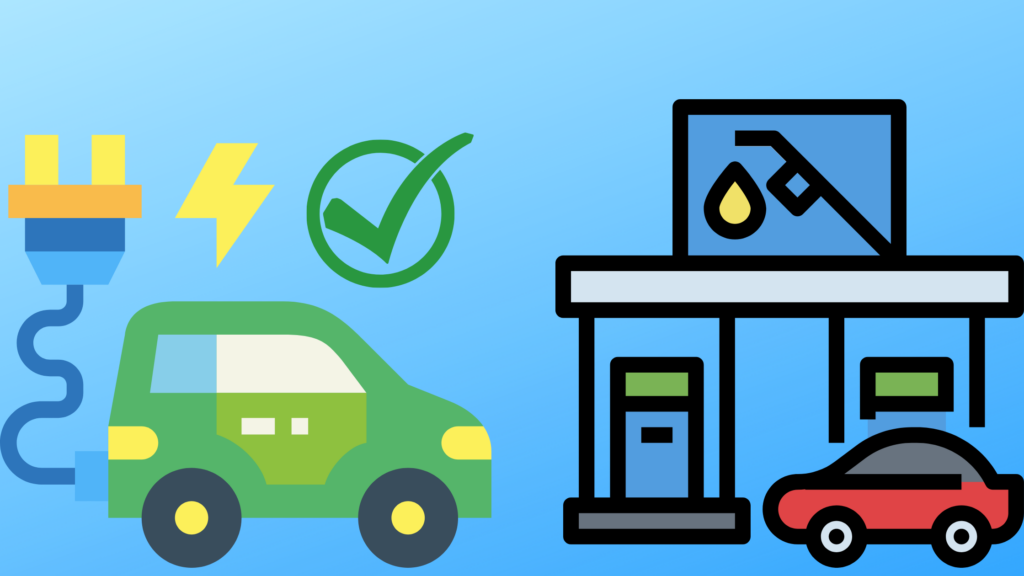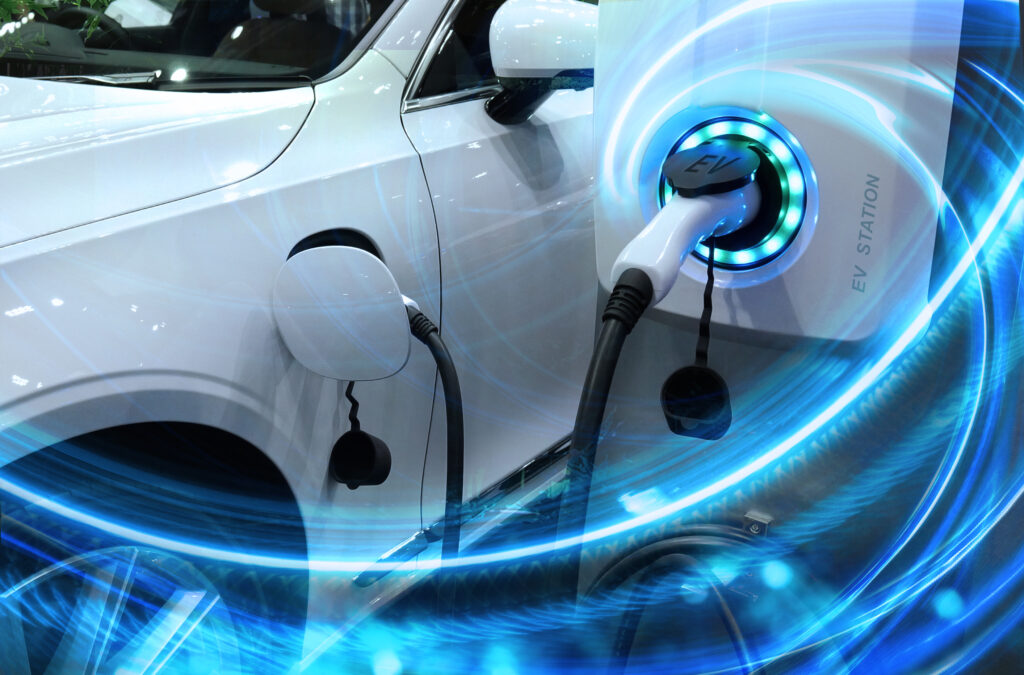Will Electric Vehicles take over the petrol/diesel automobiles soon?
Do you know that in 2020, more than 10 million electric vehicles were on the world’s roads, with battery-electric models leading the growth? We know that you haven’t ever driven one, let alone really considered purchasing one, so the prediction may seem a little bold, but bear with us.

We are in the midst of the greatest automotive revolution since Henry Ford’s first production line began turning in 1913.
And it’ll probably happen far faster than you think.
Many industry watchers believe we have already passed the tipping point where electric vehicle (EV) sales will quickly surpass those of petrol and diesel vehicles.
It is, without a doubt, what the world’s major car manufacturers believe.
Jaguar wants to sell solely electric cars starting in 2025, Volvo in 2030, and Lotus, a British sports car manufacturer, recently announced that it would sell only electric models starting in 2028.
It’s not only high-end brands.
By 2035, General Motors says it will only build electric vehicles, Ford said all vehicles sold in Europe will be electric by 2030, and Volkswagen believes electric vehicles will account for 70% of total sales by 2030.
The fact that many governments around the world have set targets for banning the sale of petrol and diesel automobiles provides the process a boost. However, a technical revolution is what will bring the internal combustion engine to an end. And technology revolutions happen swiftly.
Now let’s talk about the investments made by the companies in the electric mobility sector.
Hyundai Motor Group (HMG) is boosting its investment in mobility electrification, carbon neutrality, and innovative manufacturing technologies in the United States to more than $10 billion by 2025. Aside from EV manufacturing, Hyundai’s investment will help the company develop crucial future businesses such as robots, artificial intelligence, enhanced air transportation, and autonomous driving. Hyundai intends for its future robots to offer humans with transportation and services.
Global automakers intend to spend more than half a trillion dollars on electric vehicles and batteries by 2030, ramping up investments aimed at taking car customers away from fossil fuels and fulfilling increasingly stringent decarbonization targets.
Doesn’t all this sound interesting to you? Imagine the kind of future we’re going to witness! No petrol/diesel automobiles, just electric mobility sweeping away the fossil fuel dependence.
EVs will transform the mobility industry and help decarbonize the planet
The concept of mobility is changing but for the better. While there are still obstacles to the electrification of the vehicle fleet, there are also opportunities worth fighting for. This is especially true in cities, where pollution, traffic, and safety are important concerns today. As population and GDP development drive higher car ownership, mobility issues will worsen if the existing quo persists. As a result, the mobility industry is releasing a dazzling array of inventions intended specifically for city roads – the new transportation concept of electrification of mobility.

Changes in technology have provided us with the current opportunity to significantly modify the way we move. As they explore new concepts of electrified, connected, autonomous, and shared mobility, industry players are speeding up the pace of automotive technological innovation. Over the last decade, the industry has drawn more than $400 billion in investment, with around $100 billion of it coming since the start of 2020. All of the funds will go to enterprises and start-ups that are working on electrifying mobility, linking vehicles, and developing self-driving technologies. Electric shared mobility will become a viable alternative to owning a car as a result of such technological advancements.
How fast is it going to happen?
The response is pretty quick.
The electric car market, like the internet in the 1990s, is already exploding.
Electric vehicle sales accelerated in 2020, increasing by 43% to 3.2 million units.
According to the latest projection from investment bank UBS, by 2025, 20% of all new automobiles sold globally would be electric.
According to UBS, this will increase to 40% by 2030, and by 2040, practically every new automobile sold globally will be electric.
The reason for this is because of what manufacturers refer to as the “learning curve.”
The more we create something, the better we become at it and the less expensive it becomes. That is why computers, kitchen appliances, and, yes, petrol and diesel cars, have become so inexpensive. The same process has been bringing down the cost of batteries, and thus the cost of electric vehicles.
The game is expected to be over once electric vehicles become cost-competitive with fossil-fuel automobiles.
There is still work to be done before electric vehicles overtake petrol and diesel vehicles on the road.
Above all, whether or not they have a garage, everyone needs to be able to charge their automobiles quickly and cheaply.
That will take time and money, but it will happen, just as a vast network of gas stations grew up overnight to fuel automobiles a century ago.
If you’re still skeptical, we recommend that you test drive an electric vehicle.
Most of the major automobile manufacturers now offer a variety of models. So go ahead and take one for a test drive.
Our Take on Electric Vehicles
Electrification will play a significant part in the mobility industry’s transition and will present significant potential in all vehicle segments, although the rate and scope of change will vary. Launching new electric vehicles on the market is a vital first step in ensuring the rapid and widespread adoption of electric transportation. In addition, the whole mobility ecosystem—from EV manufacturers and suppliers to financiers, dealers, energy providers, and charging station operators, to mention a few—must work together to make the change a success.





